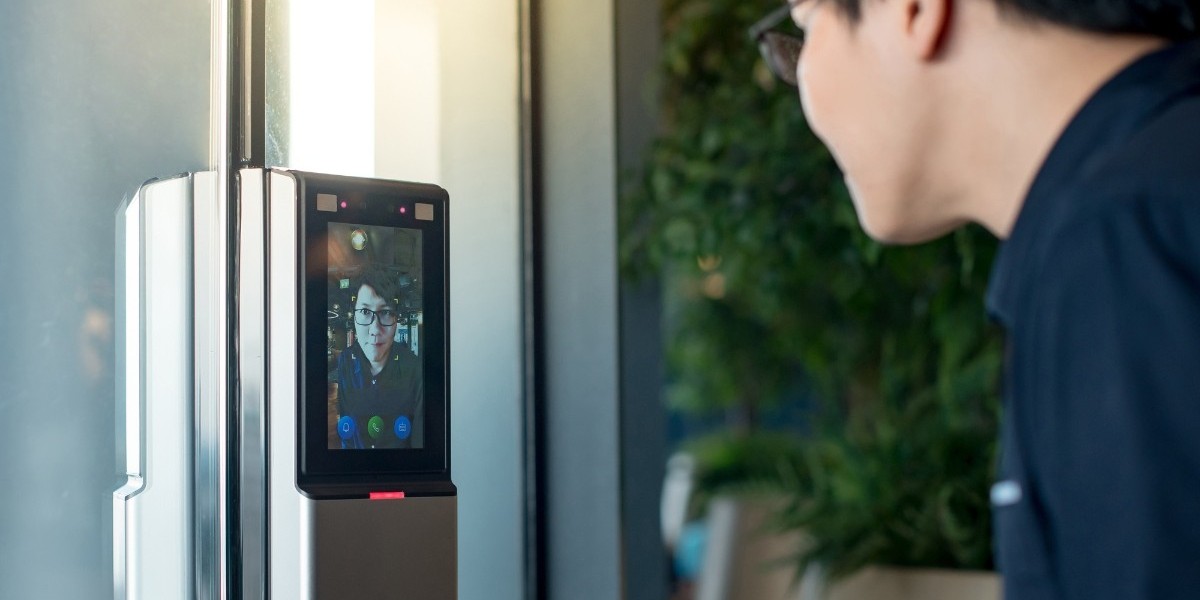In the digital age, facial recognition technology has become an integral part of various security systems and consumer applications, from unlocking smartphones to enhancing security at public events. As this technology advances, it brings with it significant implications for both security enhancements and privacy concerns.
How Facial Recognition Works
Facial recognition technology uses biometrics to map facial features from a photograph or video. It compares the information with a database of known faces to find a match. This technology uses complex algorithms to evaluate various aspects of the face, such as the distance between the eyes, the shape of the chin, and the contours of the cheeks and forehead.
Applications in Security
- Airport Security: Facial recognition can streamline security processes, allowing for quicker verification of passenger identities and reducing the need for physical travel documents.
- Public Safety: Used in public surveillance systems, it helps identify persons of interest in real-time during events or in crowded public places, potentially preventing crimes.
Privacy Concerns
While the security benefits are significant, the rise of facial recognition technology also raises substantial privacy issues:
- Data Security: The storage of biometric data can make it a target for cyberattacks, risking personal information leakage.
- Consent and Awareness: Often, individuals are not aware that their facial data is being captured and used, raising ethical concerns about consent.
Technological and Ethical Balance
The ongoing challenge is balancing the benefits of facial recognition with ethical considerations. Governments and organizations are working on regulations that ensure the technology is used responsibly. For instance, the European Union has proposed regulations focusing on transparency and data protection in the use of facial recognition.
Looking Ahead
As we look to the future, the integration of facial recognition technology into everyday life will likely increase, necessitating continuous dialogue about the balance between technological benefits and the right to privacy. As someone passionate about both technology and civil liberties, I believe that public input and regulatory frameworks will play crucial roles in shaping the future of this technology.
In conclusion, while facial recognition technology presents remarkable security benefits, it also poses significant privacy challenges that must be addressed through careful consideration of ethical and legal standards. It's a powerful tool, but one that must be wielded wisely.





